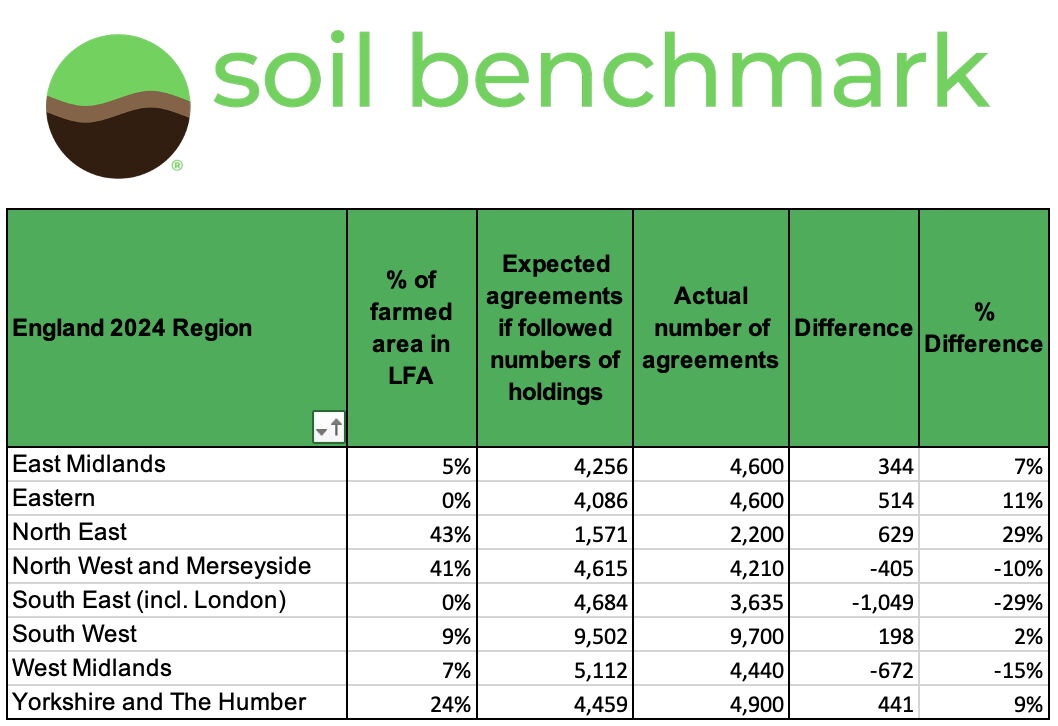Following my last update (https://t.ly/tVJwY) on the Corry Review, here's a look at two big recent updates for Wales:
🚫 Why does Wales already have stricter rules?
With major damage to iconic rivers like the Wye, Wales introduced the Control of Agricultural Pollution (CoAP) regulations in 2021 - strict rules across the whole country (only 55% of England under equivalent rules). These tightened in 2024.
It's been very controversial. NFU Cymru says its bureaucratic, costly, and disproportionate. Low-risk farms face the same compliance burdens as high-risk ones. Many farms struggle to meet the 5-month slurry storage requirement 🧱.
📋 What is the Bolton Review — and what did it say?
The Welsh Government commissioned an independent statutory review led by Dr Susannah Bolton.
She found:
👍 Overall approach OK, but big opportunities for improvement
💡 Better targeting at polluting activities needed
🔓 Alternatives to blanket closed periods & the 170kg/ha nitrogen limit should be explored
🧠 On-farm decision-making should be supported
🔥 Bureaucracy needs simplifying
The Minister, Huw Irranca-Davies, has committed to implementing all 23 recommendations.
The direction of travel: a shift towards a more risk-based, flexible approach — but with current rules staying in place while changes are developed.
⚖️ Meanwhile: a landmark High Court ruling
Seperately, a recent High Court case found that national rules like England's Farming Rules for Water (FRfW) have “beyond any doubt failed” to protect rivers.
In Herefordshire — where 24m 🐔 (¼ of UK poultry!) are raised in the Wye catchment — Herefordshire Council brought in tougher planning rules. Farms applying for new 🐔 sheds must show detailed nutrient management plans upfront, proving nutrient neutrality.
The NFU (National Farmers' Union) challenged this, but the court backed the council — confirming councils can demand tougher conditions where national rules aren’t working.
This could open the floodgates for stricter local requirements, especially in sensitive catchments. Full summary: https://t.ly/A_0KQ
🔮 What’s coming?
✅ Moving away from blanket rules
✅ Risk-based, site-specific nutrient management
✅ Stronger nutrient planning and record keeping
But risk-based systems will be more complex — especially for grassland farms, which dominate in 🇬🇧 (52% of English farmland; 85% of Welsh). Managing nutrient balances over multiple years & accounting for multiple cuts of silage makes things far trickier than arable.
That’s why we’re building the next generation of grassland Nutrient Management software at Soil Benchmark - comprehensive, intuitive, and map based.
We’re partnering with Niab to run a workshop gathering feedback from farmers and agronomists in Somerset on 12th May
👉 Sign up here: https://t.ly/bdxvW (includes Yeo Valley Organic lunch 😋)





